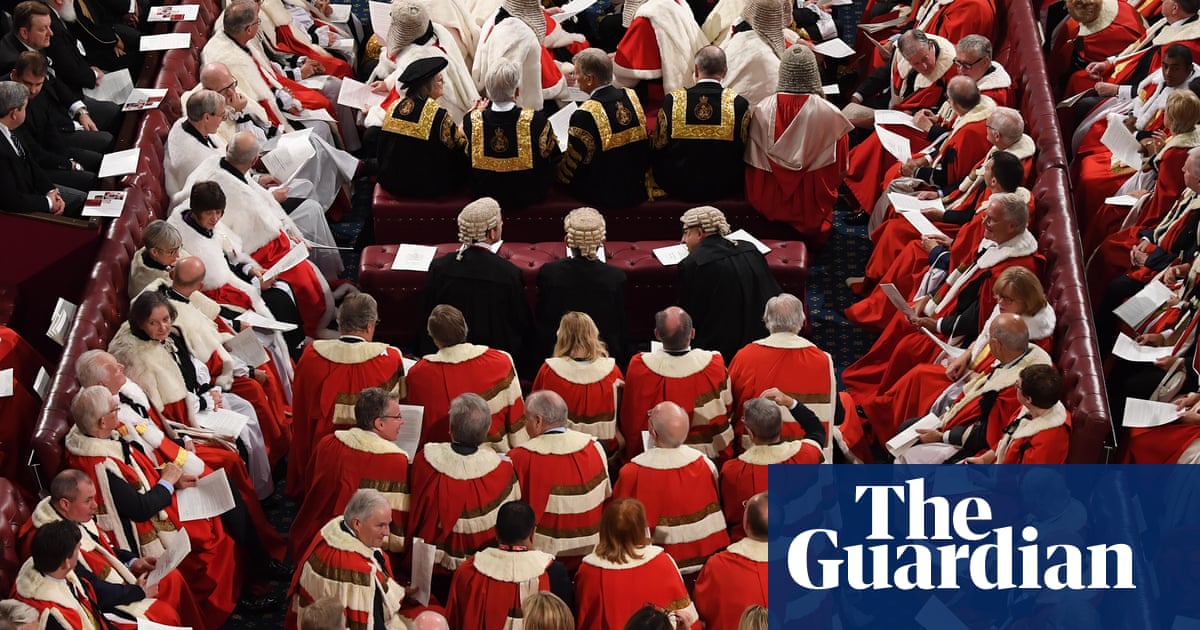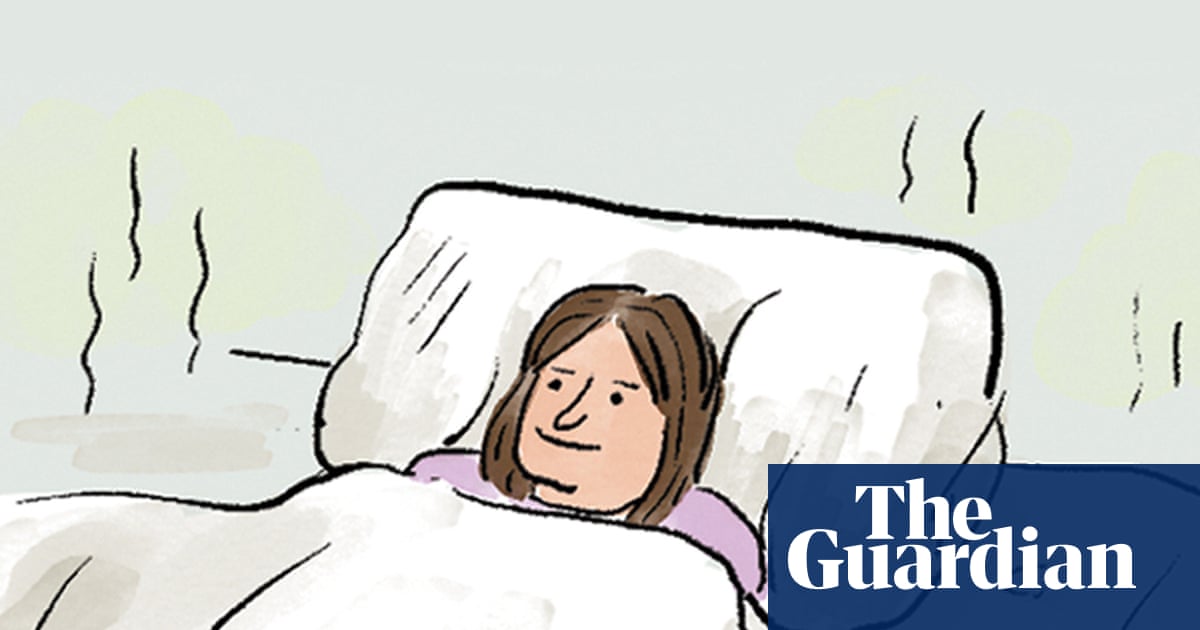The UK’s labour market has continued to cool, according to official figures, amid a slowdown in annual pay growth and rising job losses.
Figures from the Office for National Statistics show annual growth in regular earnings, excluding bonuses, slowed to 4.8% in the three months to July, down from 5% in the three months to June, matching the forecasts of City economists.
The official unemployment rate was unchanged on the previous month in July, at 4.7%, also matching the predictions of economists. This edged up from 4.6% in the previous three months and above estimates of a year ago amid a broad-based slowdown in hiring, falling job vacancies, and rising unemployment-related benefit claims.
“The labour market continues to cool, with the number of people on payroll falling again, while firms also told us there were fewer jobs in the latest period,” said Liz McKeown, director of economic statistics at the ONS.
“Wage growth excluding bonuses edged down further in cash terms, though it remains strong by historic standards.”
The latest figures are expected to confirm a boost worth hundreds of pounds for millions of pensioners. Average earnings including bonuses in the three months to July, which are used to calculate the pensions triple lock, grew by 4.8%.
Labour has committed to retaining the triple lock on the state pension, which guarantees annual increases in line with whichever is the higher of inflation, 2.5% or annual earnings.
It comes as the chancellor, Rachel Reeves, comes under pressure to revive Britain’s economy before her 26 November budget, amid fierce criticism of Labour’s economic management and concerns over the strength of the public finances.
Business groups have complained since Reeves’s first autumn budget that her £25bn increase in employer national insurance contributions and 6.7% rise in the “national living wage” would force them to cut jobs and raise prices for consumers.
The ONS’s figures are based on its widely criticised labour force survey, which has suffered from collapsing response rates. Experts have argued this leaves policymakers “flying blind”, creating the prospect that decisions are being taken based on flawed data.
However, economists said there was clear evidence of the jobs market cooling. Separate figures from HMRC showed a decline in the number of workers on company payrolls of 8,000, matching City forecasts. The early estimate for the number of payrolled employees, which can be prone to revision, were down by 127,000 compared to a year earlier.
after newsletter promotion
Reeves is widely expected to raise taxes in her autumn budget. However, business leaders have warned a weaker growth outlook will make it harder for her to raise taxes without further harming the economy.
Strong wage growth has caused a headache for the Bank of England by stoking inflationary pressures, putting further interest rate cuts at risk after four reductions in the past year. However, a deeper slowdown in the jobs market could show the economy is deteriorating, supporting faster rate cuts.
The Bank is widely expected to keep its base rate unchanged at 4% at its next policy meeting on Thursday.

 3 months ago
71
3 months ago
71

















































